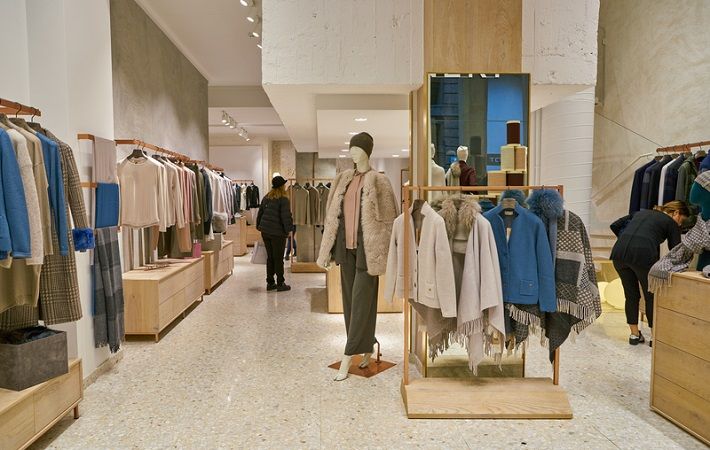
For retailers, the past year was one of expansion as 52 per cent of respondents reported adopting an online marketplace. Unsurprisingly, Amazon was at the top of the list with 79 per cent of retailers reporting they began selling on the major marketplace, followed by Facebook and Ebay. Despite adding new selling channels, only 14 per cent of retailers said they can manage them from a single platform - most retailers reported using 4 or more tools to manage all their sales channels, according to the report ‘The Great Ecommerce Acceleration’ by Linnworks.
Retailers said they have limited real-time visibility into inventory levels, delivery tracking, and sales metrics across shipping channels. About 77 per cent of respondents agreed that having a centralised platform for managing all channels would improve their business performance.
“The COVID-19 pandemic has heightened the urgency for retailers to focus on the customer experience as a key part of their brand,” said Callum Campbell, CEO at Linnworks. “This study shows that many companies didn’t have the infrastructure in place to operate in a true multichannel and omnichannel capacity. Only 14 percent of respondents have a single platform for managing fulfilment, inventory, and all sales channels in one place.”
To support the pivot to e-commerce at the start of the pandemic, 83 per cent of respondents said that their company repurposed their physical storefront(s)/retail space to serve as e-commerce fulfilment and distribution facilities. And for many, the pandemic changed how they use physical space permanently – only 32 per cent have turned the converted space back into storefronts. Now 46 per cent are using their physical sites as showrooms, with a small marketing/customer display space in the front with most space serving as a fulfilment warehouse for e-commerce purchases.
The shift to e-commerce was not the only disruption to retailers last year; 39 per cent of retailers said that their supply chain was disrupted by isolated catastrophes in the last 12 months (i.e. the Suez Canal blockage, winter storms, wildfires, etc), in addition to being disrupted by the pandemic. For those who experienced the disruptions, the impact was damaging with 88 per cent of retailers reporting a negative impact to customer service and 76 per cent having lost company revenue. Almost as many have reported increasing prices as a result.
Of those who are still experiencing continued supply chain issues due to the pandemic, 42 per cent said the impact is due to labour shortages, followed by supply and demand shocks, reliance on international suppliers, and a nationwide failure to invest in domestic manufacturers. Because of this, 95 per cent of retailers said that improving supply chain resiliency is a primary operational objective for their company in 2022. Over half of retailers surveyed reported they intend to improve resiliency by focusing on diversifying the location of suppliers and 53 per cent plan to establish inventory buffers with overstock.
Along with supply chain disruptions, retailers’ role in climate change has been an issue that has gained attention with 89 per cent reporting to have seen a dramatic increase in consumers' interest in corporate sustainability practices. Interest goes beyond consumers, however, as 83 per cent of retailers reported releasing a public sustainability strategy or brand promise in response to employee demand.
Just under half (44 per cent) of retailers said they already run sustainable operations, while 53 per cent do not yet but said it is on their one-to-five-year roadmap. Of those who said that their company includes sustainability in its branding, half of retail managers believe that their company is truly making significant changes. Those who already run sustainable operations said they prioritised ethically sourced product ingredients/materials, working with sustainability-focused vendors/partners/suppliers, or increasing the share of electric vehicles in the supply chain.
Fibre2Fashion News Desk (KD)